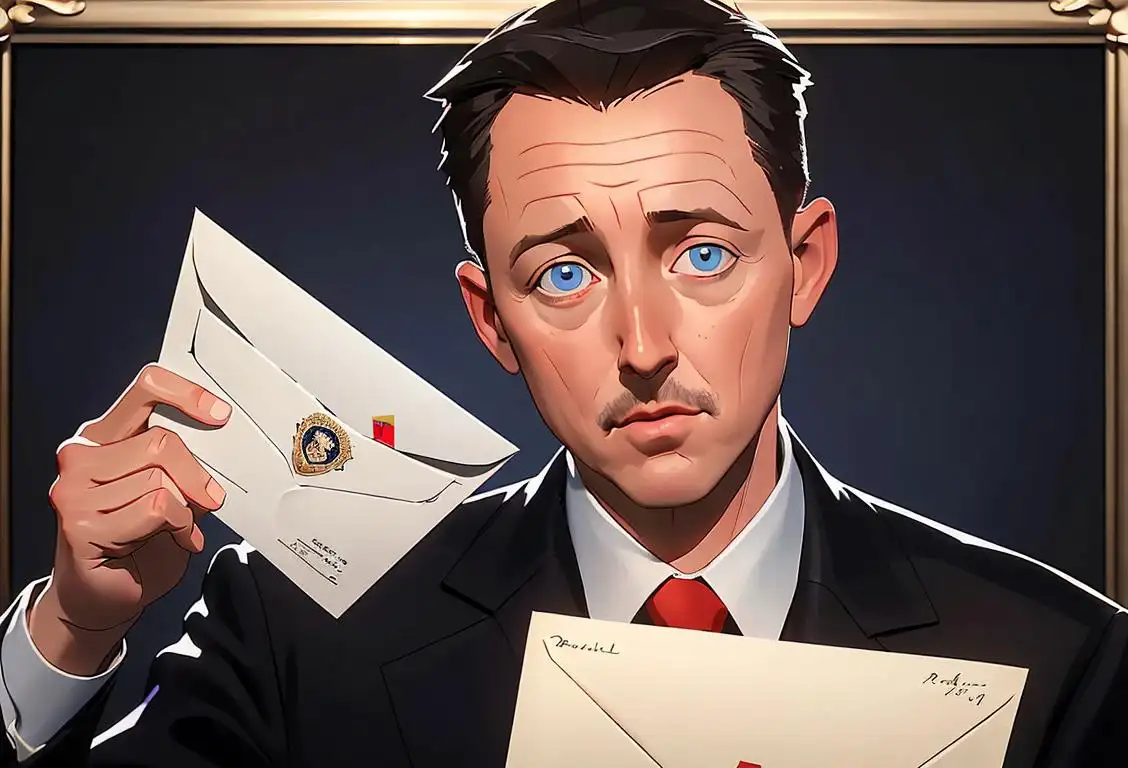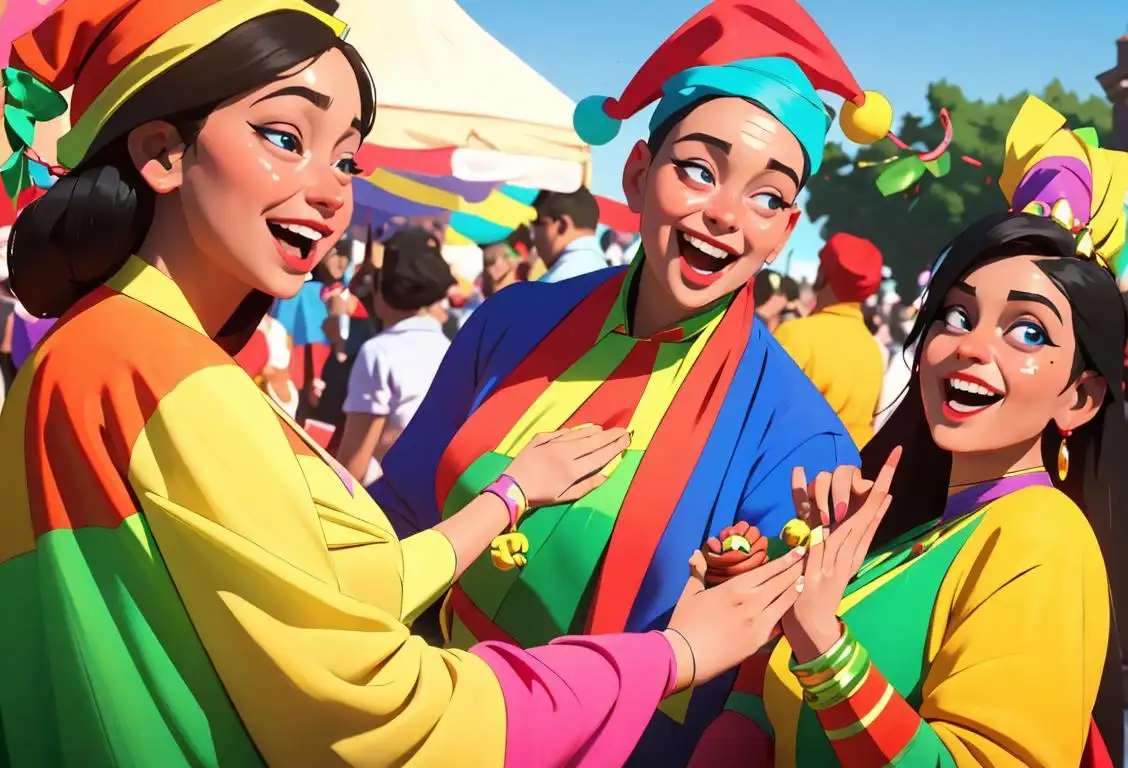National Flip Off Day

Hey there! Have you ever heard of National Flip Off Day? It's quite a unique and controversial day that has gained some attention online. Let's dive into the history and origins of this interesting day!
When is Flip Off Day?
It's national flip off day on the 17th June.
The Internet History of National Flip Off Day
Ah, the art of flipping someone off. It's a gesture that needs no introduction, and on National Flip Off Day, people embrace their inner rebel and send a not-so-warm greeting to the world. Now, you might be wondering how this day came to be. Well, let me enlighten you.
The term 'National Flip Off Day' first made its way onto the internet on June 17, 2016. People started using the hashtag #NationalFlipOffDay on social media, sparking a wave of curiosity and a clash of opinions.
While we couldn't find any official declaration or recognition from any national authority, National Flip Off Day is more of an internet phenomenon than an officially recognized observance. It's important to note that flipping someone off is not an act of kindness or positivity, so it's not something we actively promote or endorse. It's simply a product of internet culture and a way for people to express their rebellious side in a virtual space.
So, to summarize, National Flip Off Day may not have a rich historical background, but it certainly has found a place on the internet where people let their unconventional spirits roam free.
History behind the term 'Flip Off'
1965
Origin of the Gesture
The term 'flip off' originated in 1965 and refers to the hand gesture of extending the middle finger upward while keeping the other fingers folded against the palm. This offensive gesture was used to express contempt, anger, or disrespect towards someone.
1972
The Obscene Interpretation
In 1972, the term 'flip off' gained notoriety for its obscene interpretation. The gesture's anatomical reference became widely recognized, intensifying the offensive nature of the term. It rapidly spread across popular culture and was often featured in movies, television shows, and music.
1980
Legal Implications
During the 1980s, the term 'flip off' acquired legal significance. Courts were faced with deciding whether the gesture constituted protected free speech or could be considered disorderly conduct and breach of peace. Various jurisdictions interpreted and debated its implications, leading to interesting legal precedents.
1999
Cyberspace and E-Gestures
With the rise of the internet in the late 1990s, the term 'flip off' extended its reach into cyberspace. Online communication introduced e-gestures, including the ASCII representation of the middle finger gesture. The term found its way into the digital realm and became a means of expressing disdain in virtual interactions.
Present
Cultural Presence and Social Commentary
In the present day, the term 'flip off' has become deeply ingrained in popular culture and serves as a symbol of rebellion, defiance, and social commentary. It is often used to express dissatisfaction, provoke reactions, or criticize authority. While controversial, it remains a recognized gesture worldwide.
Did you know?
Did you know that the act of flipping someone off has been around for centuries? The ancient Romans used a similar gesture called 'digitus impudicus' to express their contempt. Talk about a timeless way to show your disapproval!Tagged
awareness nsfw funFirst identified
17th June 2016Most mentioned on
17th June 2016Total mentions
26Other days
Children Day
Nightmare Just Day
Intelligence Richard Grenell Has Declassified A Mysterious Inauguration Day
Happiness Day
Awareness Day
Kisses Day
Opposite Day
One Day
Stormy Daniels Day
These Day









